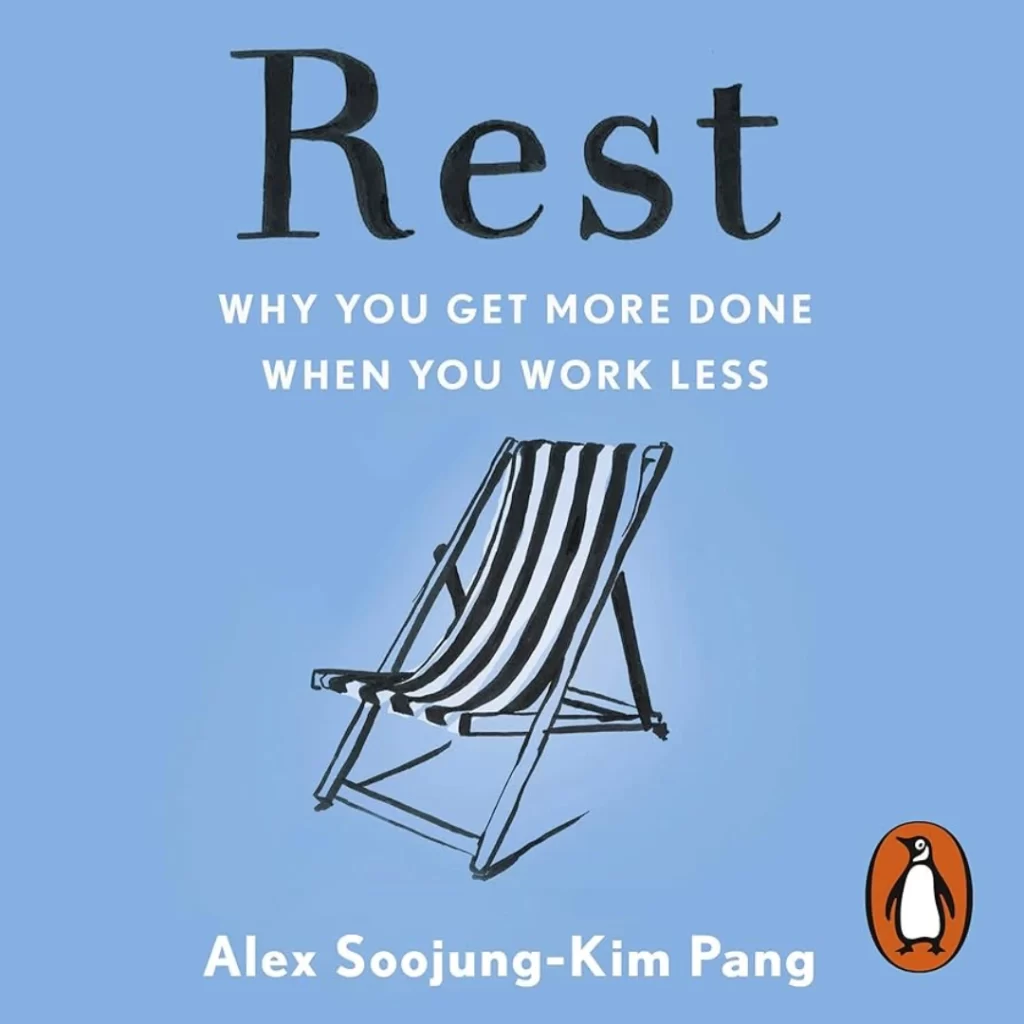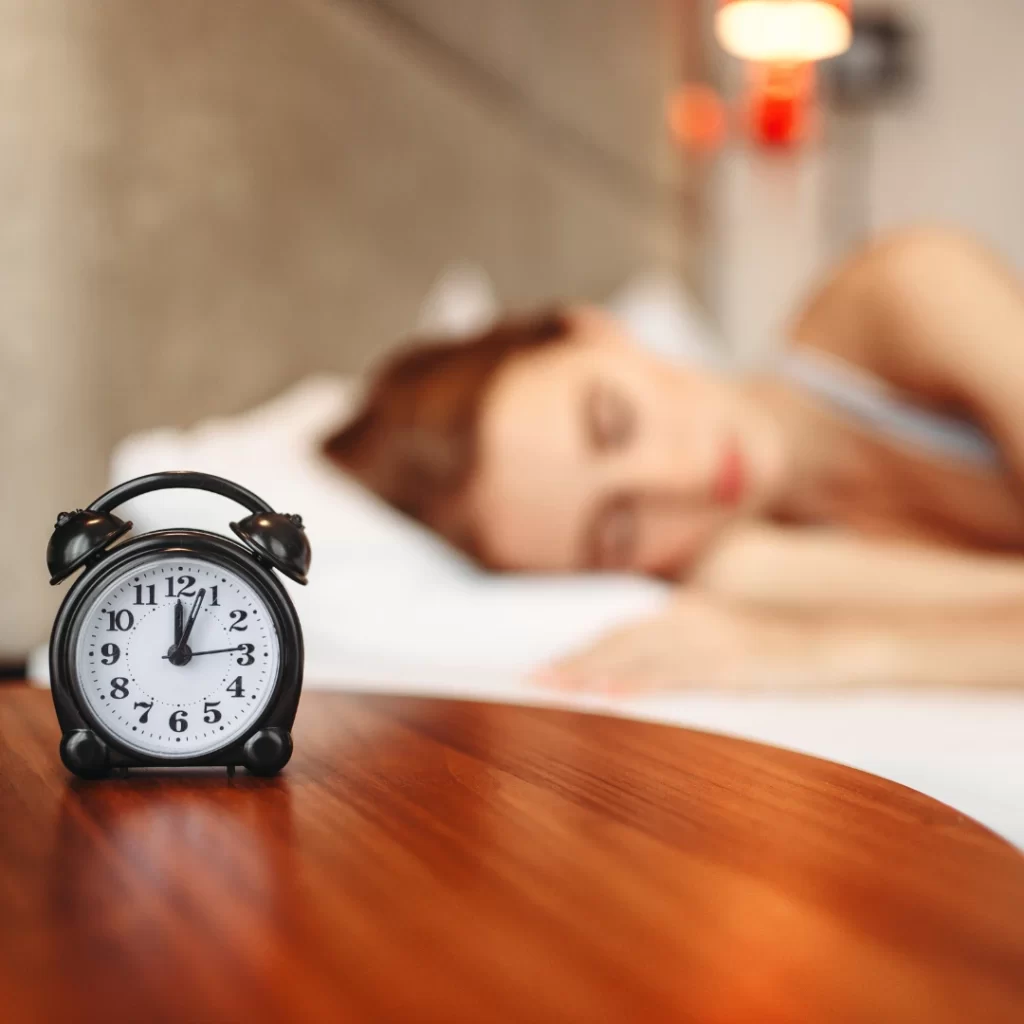People confuse rest with play.
By Aabha Bakaya, Founder & CEO, Ladies Who Lead
REST
Why you get more done, When you work less
Alex Soojung-Kim Pang
A review
Deliberate rest is when you choose to recharge your batteries in certain ways that are scientifically proven to work, My favourite method is.. Sleep. I’ve always been a thinker, and I’ve always slept 9 hours. And felt really guilty about it (well sleep is better than many other vices!). I can work all day and as many days in a row but am fiercely possessive about my sleep. And it shows. I’m literally like a grizzly panda without it!

It made my day to read REST which validated my sleep pattern  sharing research and leadership examples to explain why that one extra hour of sleep can help your subconscious mind recharge, play on problems, and find creative solutions. It also explained how despite not being a morning person, I get my best work done first thing in the morning. Due to peak circadian rhythm of course, and most importantly, no distractions. Even this is scientifically proven to be true, and not anecdotal. Your brain works best in these conditions on both analytical and creative thinking.
sharing research and leadership examples to explain why that one extra hour of sleep can help your subconscious mind recharge, play on problems, and find creative solutions. It also explained how despite not being a morning person, I get my best work done first thing in the morning. Due to peak circadian rhythm of course, and most importantly, no distractions. Even this is scientifically proven to be true, and not anecdotal. Your brain works best in these conditions on both analytical and creative thinking.
And even more fun than that, getting a head start in the morning, allows you to catch up on an errand or a call or whatever sneaky pleasure you may want to, later in the afternoon. Like a mini nap right after lunch if work allows  I schedule my time in 90 min slots in a day, including time for deliberate rest.
I schedule my time in 90 min slots in a day, including time for deliberate rest.
REST talks you through several examples of leaders who balance lives with deep play, forms of rest that are psychologically restorative, physically active and personally meaningful. They renew their creative reserves on sabbaticals, retreats during which they’re free to travel, explore new ideas, and cultivate new interests. Even though they love losing themselves in their work, they maintain strict boundaries between their work and leisure.

The steadiness and consistency that deliberate rest enforced helps explain why those that discover it have longer creative lives, pursue careers as artists or writers while holding down other jobs, and may even discover completely new interests or produce new works when the rest of us are ready to retire. They find a way to sustain their source of creative energy.
They structure their days to have time for both intense, focused work and downtime. These activities help them to develop more creative solutions to problems and to find those solutions more rapidly and with less effort.

Sleep is the original, deliberate rest. Sleep isn’t the passive phase we imagine or experience it to be. While you sleep, your brain is consolidating memories, repairing physical damage, and generating dreams. Sleep deprivation has almost immediate effects on your good judgement and ability to focus.
Deliberate rest, and this can include walking, meditating and other invigorating physical activities too that help to stimulate your mind, restores your energy, gives you time and helps you do more. It creates a life that’s rewarding, with purpose and pleasure, work and reward in equal measure. And a life well lived.

REST also talks about more frequent, small vacations to keep your mind stimulated versus long vacations.. and that even a week’s sabbatical can be super refreshing. Bill Gates goes to his ‘thinking cabin’ for a week every year and is not contacted by anyone during that time. Few things to think about and build into that busy annual calendar.
While you don’t really need to read all 250 pages to get the message, the book includes an interesting Bibliographic essay and a foreword by Arianna Huffington. And while it was written pre-covid, it’s even more relevant today.


























